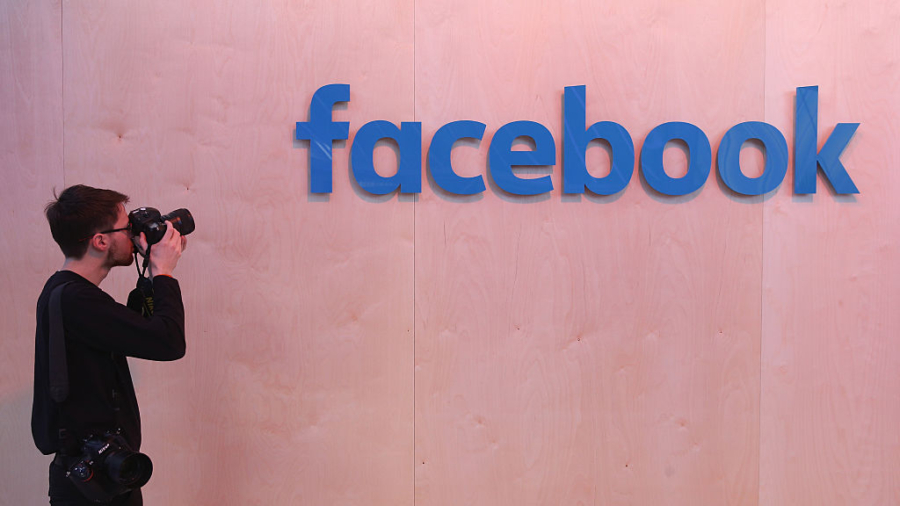Facebook placed ads in newspapers on identifying fake news. The social media giant wants to prevent fake news from spreading ahead of the U.K. parliamentary election.
Will Moy, the director of Full Fact, a fact finding organization, talked about the fake news landscape, “Well, the trick is that actually there’s lots of different things going on. On the one hand, we have completely fake news made up by people who just want visitors to websites so they get advertising money. On the other hand, we have politicians making their arguments and making them aggressively. Those are two very different things. We’re used to fact checking politicians, trying to keep their arguments straight. Totally made up news is a new problem, and then disinformation spread by governments is a different kind of problem. So what we have to do is break it up and work out which of those problems we can fix in different ways.”
Facebook also takes down accounts that auto-post fake news. Facebook held similar aint-fake news campaigns before the French and German elections.
Martin Moore from King’s College London, Centre For Media, Communication and Power, talked about Facebook’s importance to this election.
“Facebook’s become increasingly central to modern elections. It was hardly used by the main parties in the UK at all before 2015, but in 2015 the Conservatives spent over 1.2 million pounds on Facebook during the election. At last year’s referendum campaign, the Vote Leaves said that they devoted 90 percent of their resources to digital campaigning and the vast majority of that was spent delivering targeted ads over Facebook’s platform to specific voters.”


